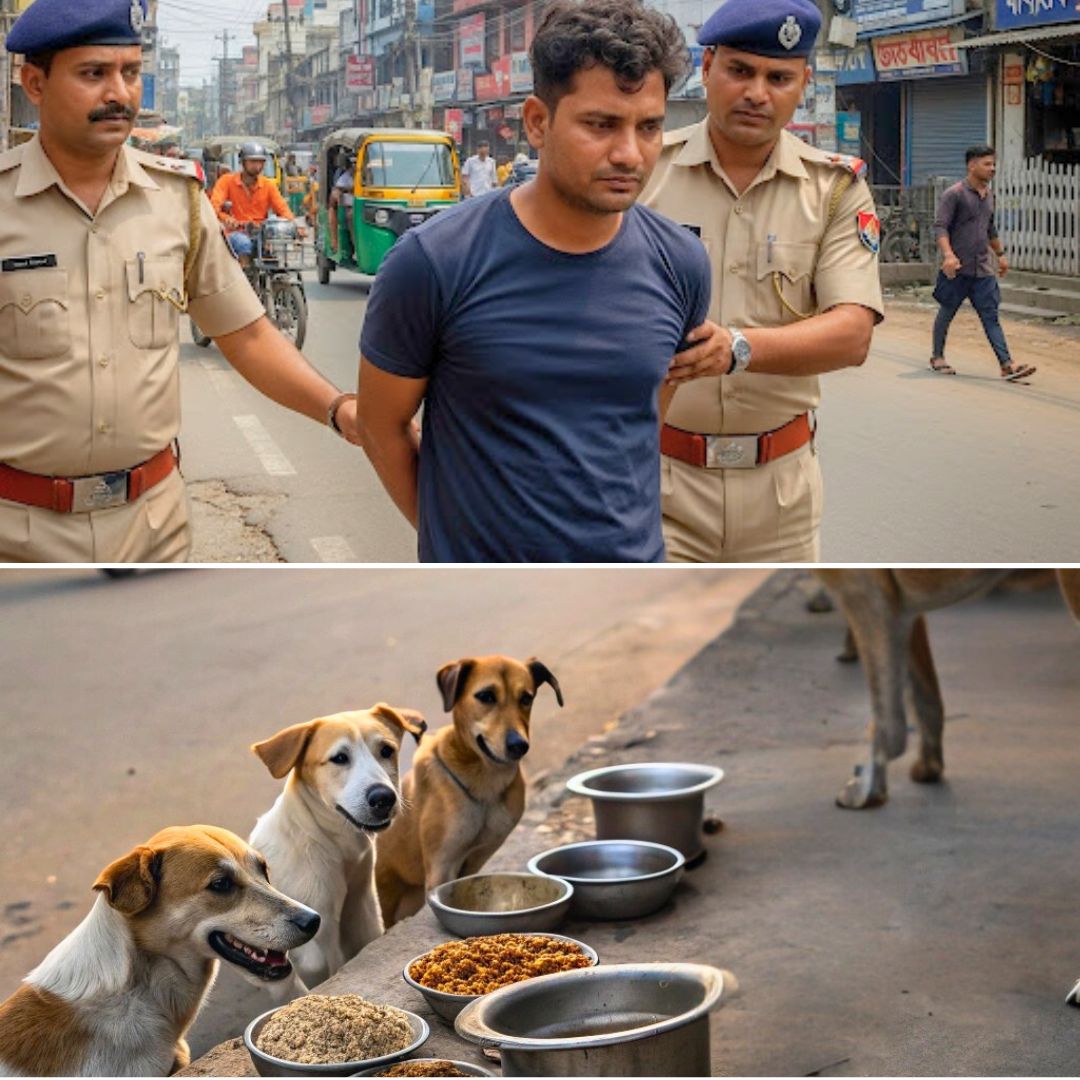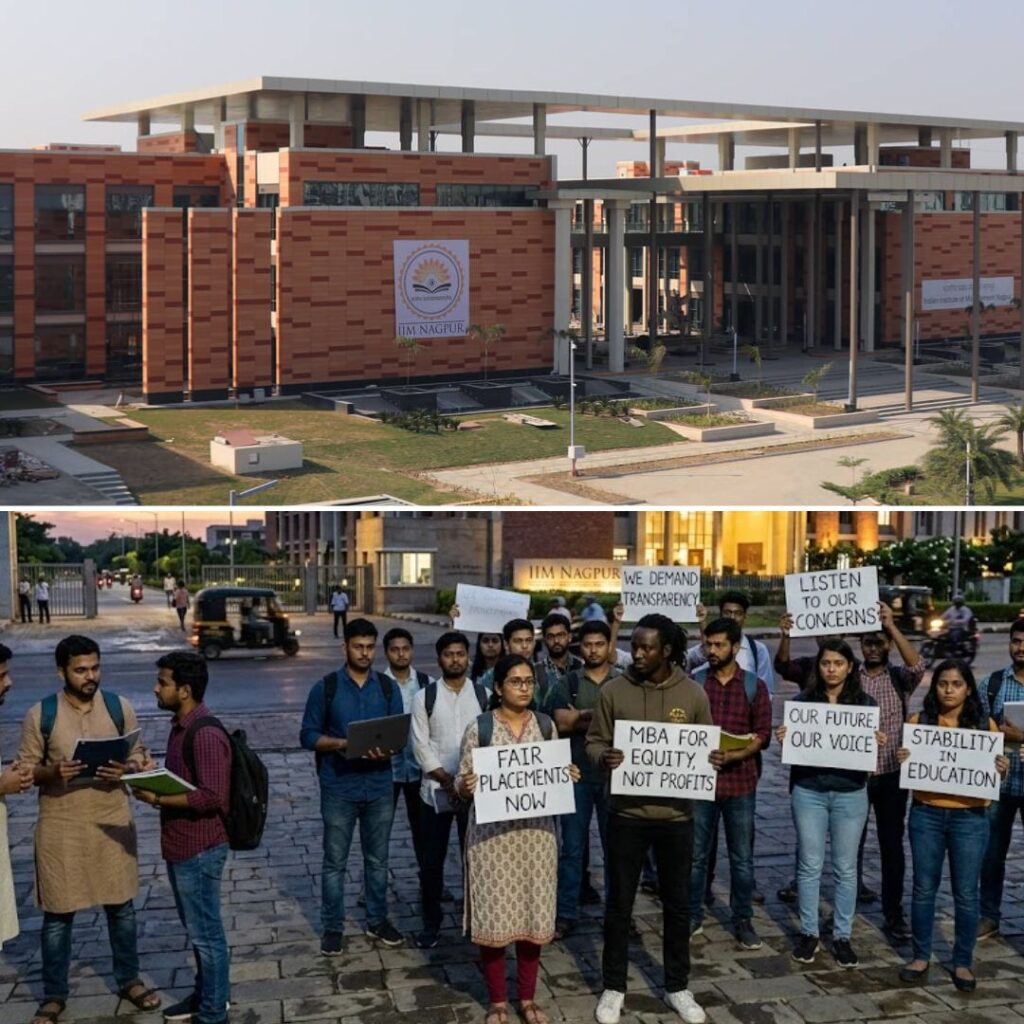On Sunday, panic gripped the Hirapur Police Station area in Asansol, West Bengal, following the discovery of around 15 stray dogs poisoned to death. Locals found the carcasses scattered along roadsides, triggering intense distress and demands for justice.
According to witnesses, the dogs had been fed poisoned food likely in the late hours, prompting immediate police involvement. Authorities confirmed the registration of a case and stated that one person has been arrested in connection with the incident.
Samples from the carcasses have been sent for forensic analysis to determine the precise toxic agent used. Animal welfare groups strongly condemned the killings, calling attention to the urgent need for humane animal control measures alongside public safety considerations.
Community Grief and Calls for Accountability
The horror of the poisoning has deeply affected residents who share their streets with the stray dogs, many of whom had become familiar neighbourhood companions. A local resident confided, “It is heartbreaking to witness such cruelty; these animals are part of our community.”
Some locals claimed the poisoning may be related to ongoing tensions as dogs occasionally chased domestic poultry, which had caused friction with certain households. Police officials affirmed that the suspect taken into custody is being interrogated, and every effort will be made to trace the source of the poison. Meanwhile, fears persist that more dogs may have been poisoned but remain undiscovered.
The incident has led to a renewed push among citizens and activists for authorities to ensure strict enforcement of laws against animal cruelty and to promote more ethical approaches to managing the stray animal population.
A Wider Struggle Over Stray Animal Management
This tragic incident is not isolated but reflects a broader, persistent challenge faced by many Indian cities. West Bengal has witnessed repeated occurrences where street dogs become victims of poisoning or other forms of cruelty, highlighting a failure to reconcile the coexistence of humans and urban animals. In 2025, a landmark Supreme Court ruling sought to address stray dog issues by banning indiscriminate street feeding but emphasised sterilisation and returning neutered dogs to their habitats, except in cases involving aggressive or rabid animals. Despite such policies, implementation remains inconsistent, compounded by fears around rabies and safety concerns. Animal rights organisations advocate for community-driven programmes including birth control, vaccination, and awareness campaigns to build coexistence rather than conflict, underlining that compassion must guide urban governance and public health strategies alike.
The Logical Indian’s Stance: Compassion Over Cruelty
The poisoning of stray dogs in Asansol is a tragic reminder of how far society still needs to advance in embracing kindness, empathy, and coexistence with all living beings. Such acts of cruelty diminish our collective humanity and undermine the social fabric we strive to build.
The Logical Indian urges authorities to diligently prosecute those responsible and to prioritise humane population management techniques backed by public education.













